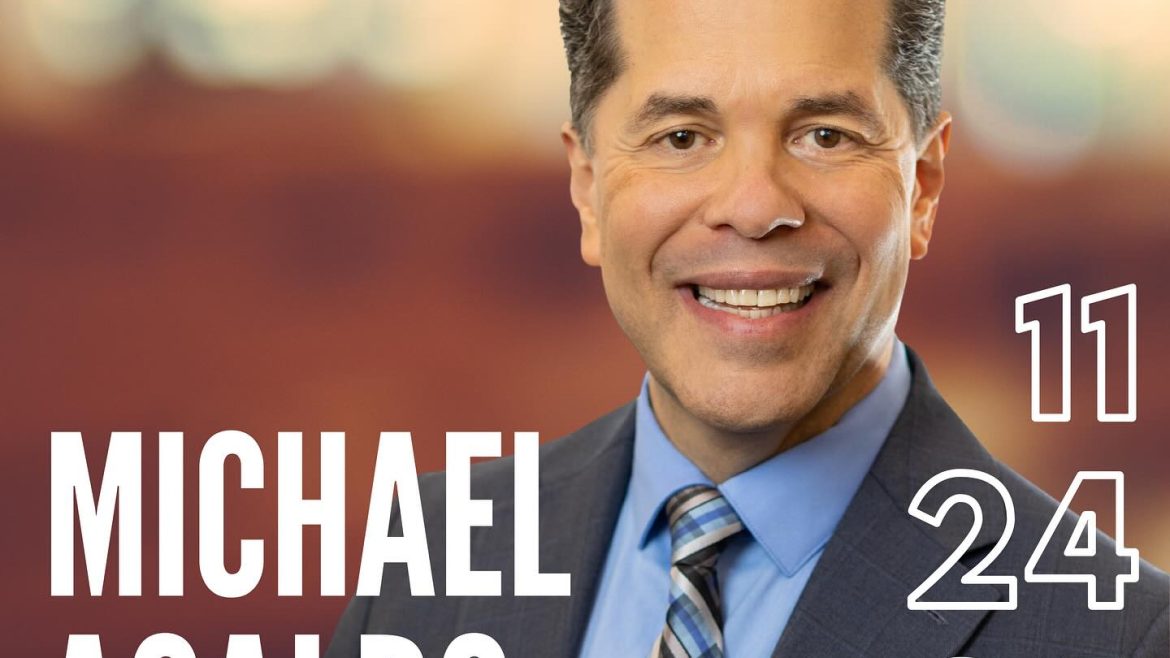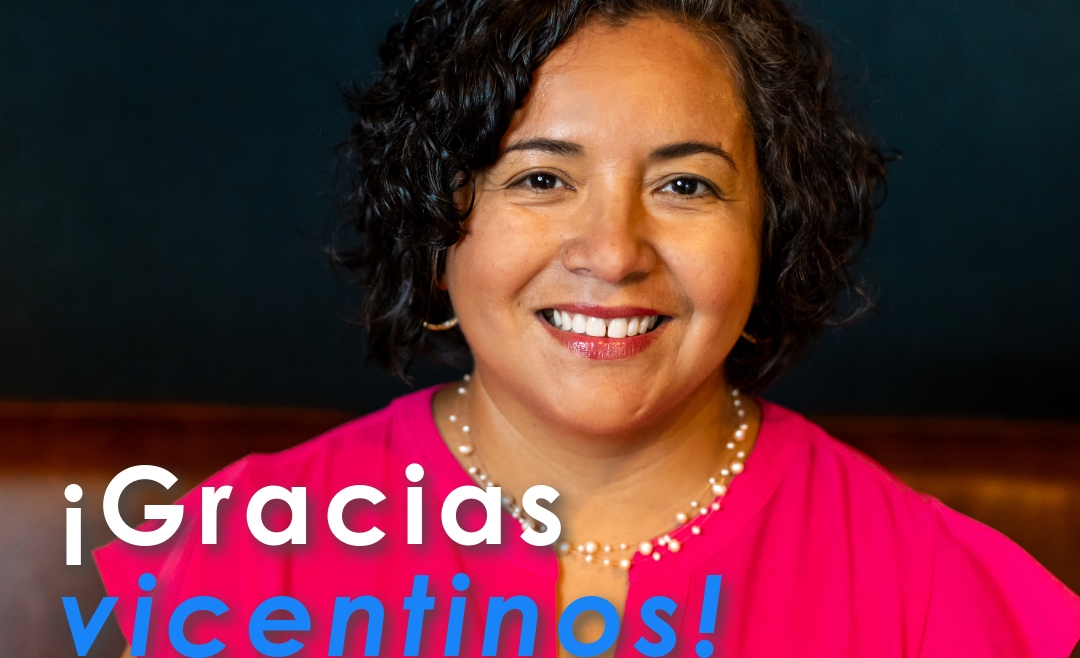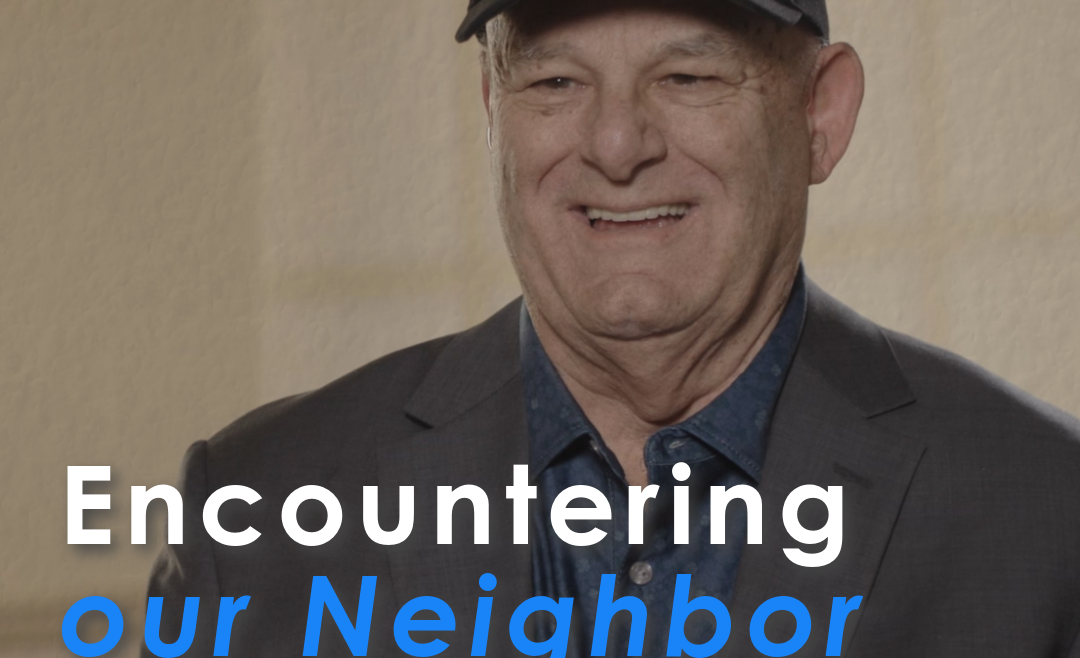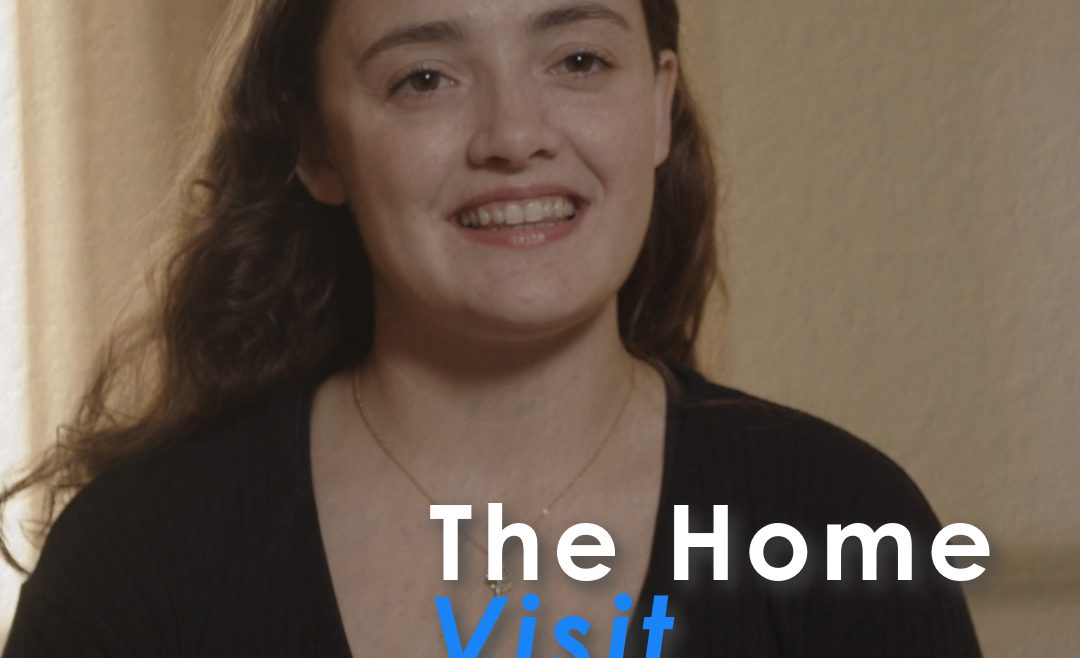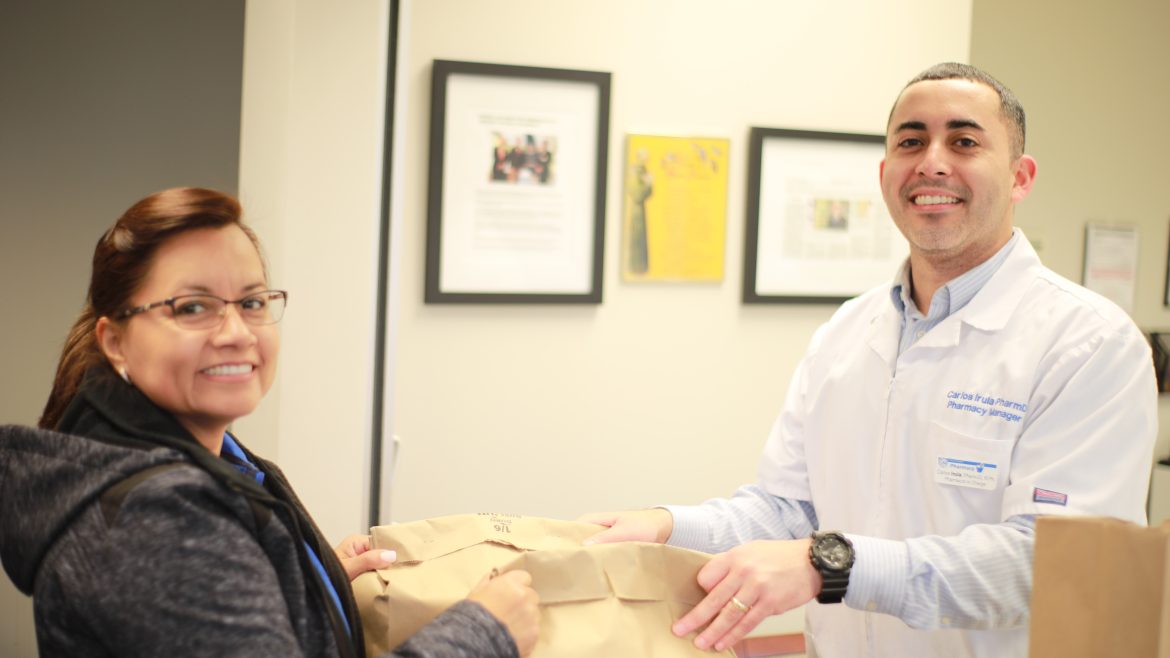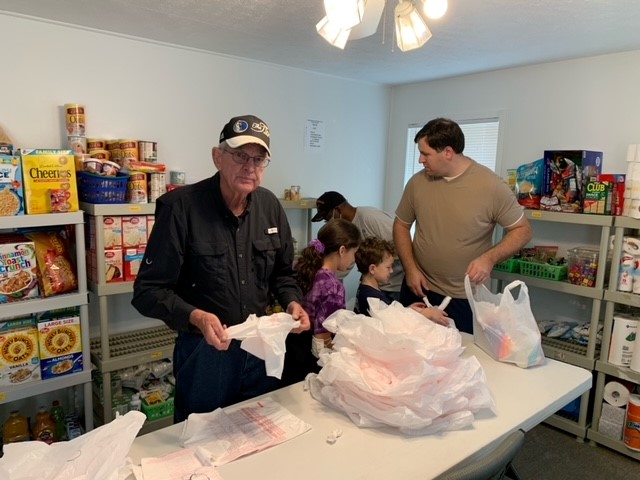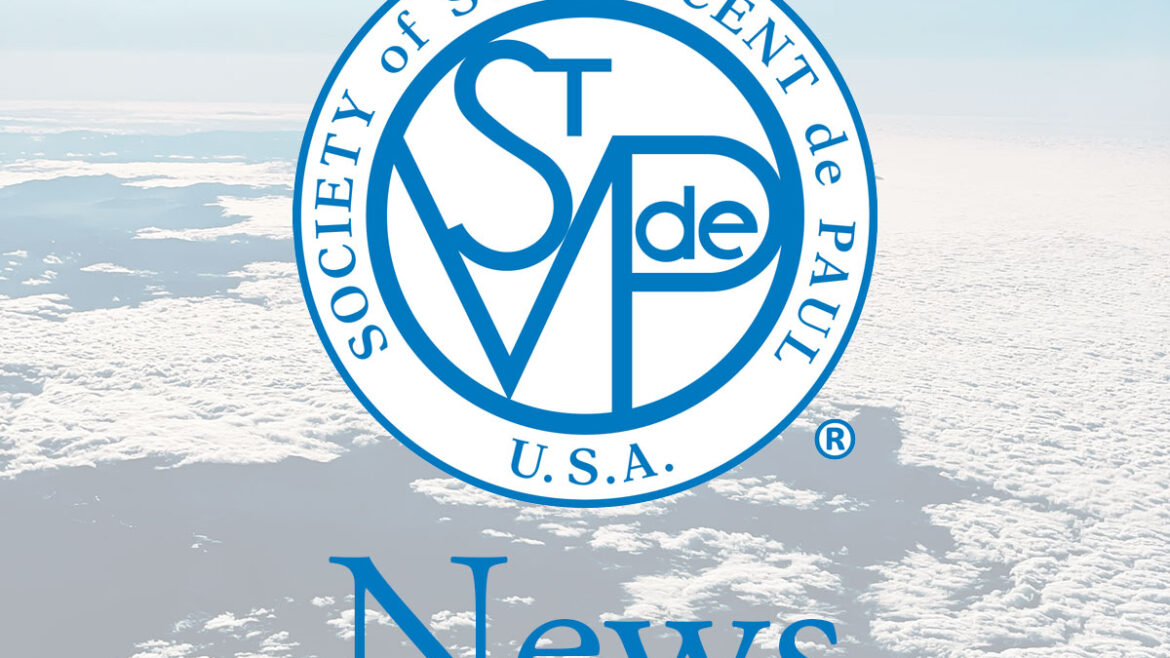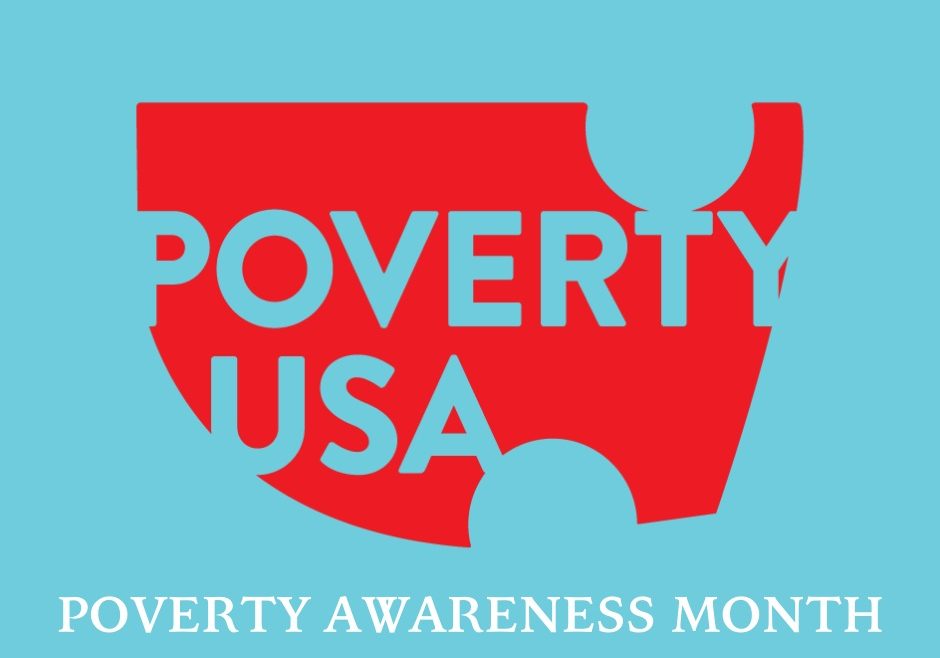Stephanie Land’s bestselling debut memoir Maid: Hard Work, Low Pay, and a Mother’s Will to Survive recounts her harrowing saga as a single mom navigating the poverty trap. It depicts her life at age 28 when she and her seven month-old have to move into a homeless shelter fleeing a violent home, begins the bureaucratic nightmare of applying for food stamps and subsidized housing, and starts cleaning houses for $9/hour. Her unflinching testimony exposes the physical, economic, and social brutality that domestic workers face, all while radiating a parent’s hope and dedication.
Praised for its raw portrayal of poverty and systemic inequality, Maid inspired the Emmy and Golden Globe nominated Netflix series of the same name, reaching over 67 million households, in which Land served as an executive producer on the show. Her follow-up memoir, Class: A Memoir of Motherhood, Hunger, and Higher Education, continues her story as a single mother navigating college and poverty.
Land writes on economic justice, domestic abuse, and motherhood, with work featured in major outlets like The New York Times, The Guardian, and The Atlantic. She is a fellow at the Center for Community Change and an ambassador for the National Domestic Workers Alliance. She is currently working on her third book, The Privilege to Feel.
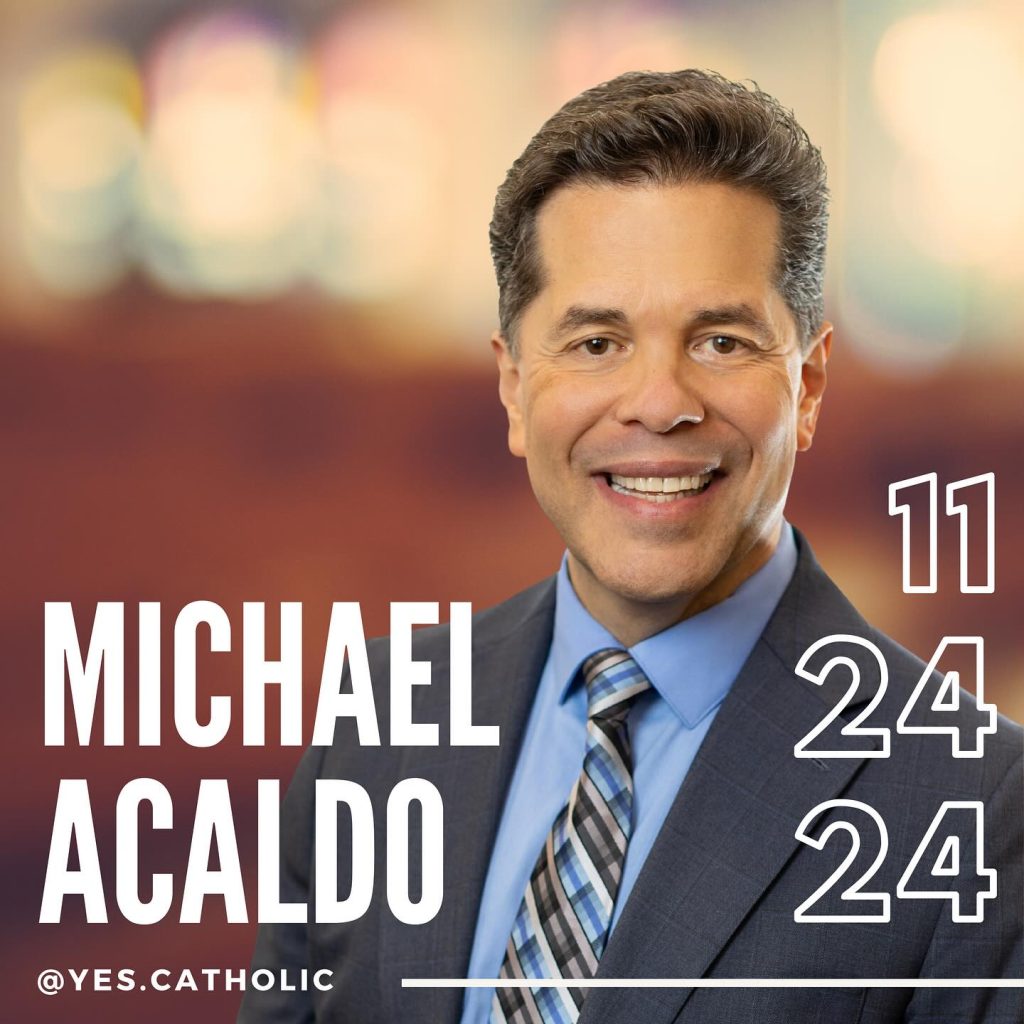 The Society of St. Vincent de Paul USA’s CEO Michael Acaldo was recently featured on the weekly podcast Yes Catholic.
The Society of St. Vincent de Paul USA’s CEO Michael Acaldo was recently featured on the weekly podcast Yes Catholic.
